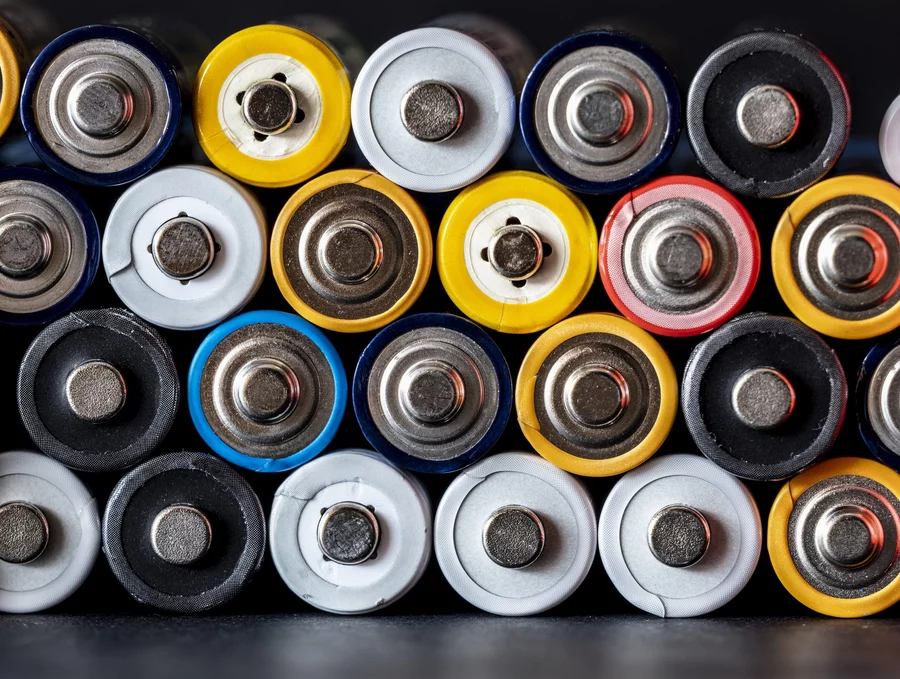
We must look beyond lithium-ion to safely deploy the necessary battery storage necessary for the energy transition says Mukesh Chatter, Alsym CEO
Leading developer of non-lithium rechargeable battery technology Alysm Energy has announced that it has successfully developed the industry’s first high-performance, non-flammable battery storage technology suitable for warmer climates.
“The Alsym team has developed an entirely new battery technology that’s ideally suited to the needs of a rapidly changing climate. This is the kind of innovative thinking that will help accelerate the pace of global decarbonization,” said Alsym advisor Dr. Peter H. Diamandis, Founder and Executive Chairman of the XPRIZE Foundation.
“Low-cost renewable energy, paired with non-flammable storage, will substantially help countries around the world reduce greenhouse gas emissions and spur new interest from power-intensive industries such as automotive, aerospace, green hydrogen, chemicals, and metals.”
Risk vs reward in battery production and use
“When it comes to lithium-ion batteries, the level of fire risk increases as the mercury rises,” said Mukesh Chatter, Alsym CEO & Co-Founder.
“Recent battery storage fires in Australia, France, and the United States have required evacuations and shelter-in-place orders, and some cities are considering significant restrictions and even bans. We need to be looking beyond lithium-ion if we’re going to safely and responsibly deploy the amount of battery storage necessary to make a full transition to renewables.”
Based in Woburn, Massachusetts, the Alsym Energy developed low-cost, high-performance rechargeable battery chemistry is ideal for applications such as stationary storage, maritime shipping, and electric vehicles. By using readily available, inherently non-toxic and non-flammable battery materials, Alsym is working to deliver wide-duration storage with performance comparable to lithium ion at a much lower cost, helping to speed the pace of decarbonisation globally.